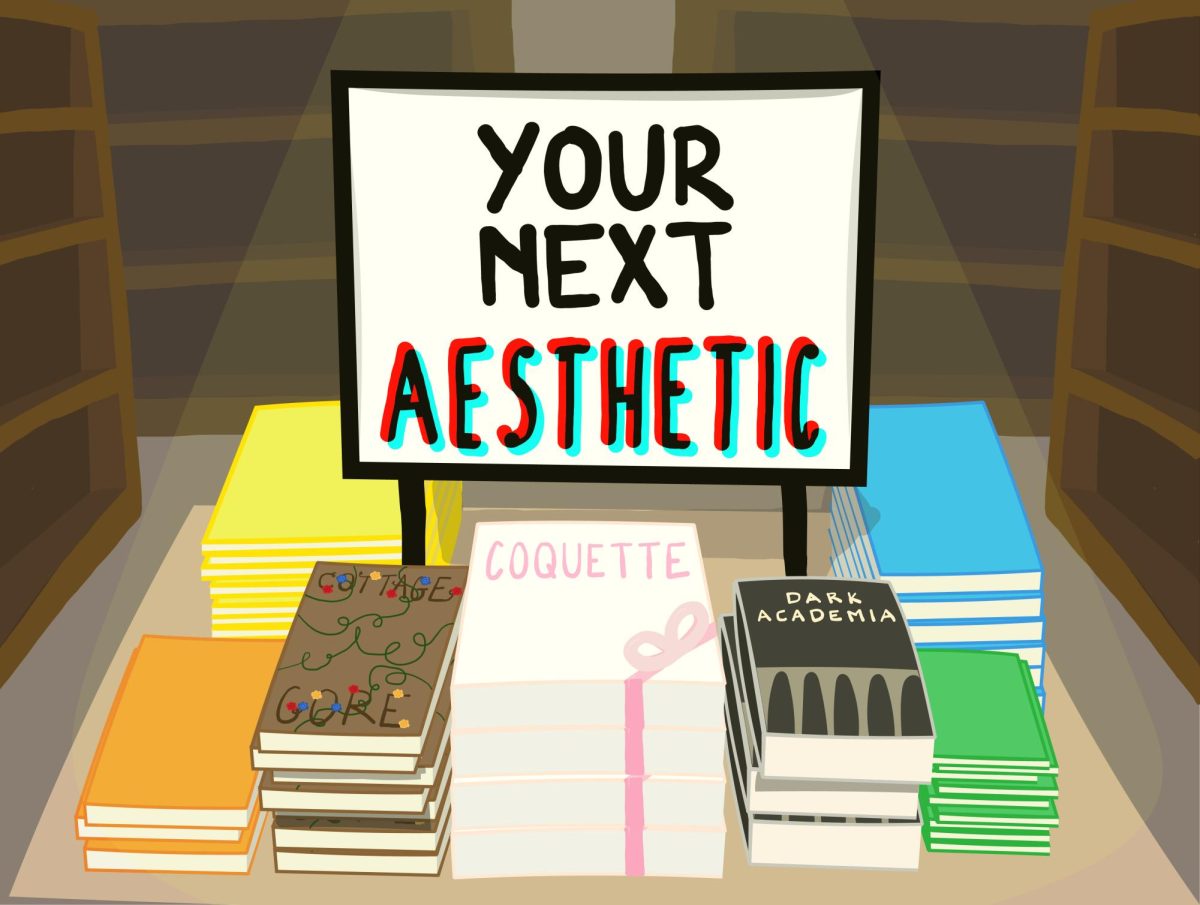One of my consistent loves — even throughout my teenage years — has been that of reading. The educational potential of reading can allow escape without a dopamine overdose. Storytelling through literature provides a slower pace and requires the presence of the mind, making reading a pleasant complement to the addictive aura of social media.
Great stories can introduce readers to unfamiliar perspectives and deepen their understanding of life at large, meaning anyone can enjoy reading in some capacity. When browsing social media, I unfortunately see people pretending that reading makes you more intelligent instead of taking the time to engage with the material itself.
Literature has an important and meaningful role in life, and seeing others use reading to fuel contests of ego strikes a particularly sore spot for me. Reading is not a lifestyle choice for the few, but a pleasure for many.
Simply put, contemporary online discourse and the perception of reading is awful. Clout-chasing and the overclassification of books by their content cloud what would otherwise be a fun space online. An especially insidious trend perpetuated by “BookTokers” (self-proclaimed fans of literature on TikTok) is the reduction of reading to categories — people recommending classics because they have a certain trope or they are a certain “core,” a suffix used in online spaces to denote a certain aesthetic.
While recognizing tropes, especially in the Western canon, can be entertaining, calling Vladimir Nabokov’s controversial novel “Lolita” ‘coquette’ is painful. ‘Coquette’ is not a trope present in the text, but an aesthetic category formed by the creator. “Lolita” features the grooming of a minor by an adult man and is not a story to be romanticized or glamorized; videos aestheticizing the book obscure the gravity of the story and turn the act of reading into a status symbol.
Posts such as the ones about “Lolita” are unserious. Discussing books in that way completely divorces talk from the unique good found in each book. Stories deserve far more consideration beyond their fit into a given adjective.
Repressing the insatiable desire to classify material into simplified categories will be key for enjoyment of media in general in the future, especially books. Let literature and movies stand on their own terms. Atomizing reactions to books when discussing them limit their potential and any discourse around them.
Although stories have commonalities, the wide array of books available to readers are not machines made of standard parts. The form of a story is equally, if not more important, than the content, or its “aesthetic.”
The only sure quantities in reading are its value to personal development and learning of all kinds. Reading more and reading differently can open new intellectual horizons.
Love stories have been around for millennia, but they still entertain and enlighten readers today. Authors and audiences alike should feel free from the immediate desire to group everything together hyper-specifically into “aesthetics,” “cores” and so on. At least think about specific reasons why you might recommend a book to your friend before making a video about how it’s ‘cottagecore.’
Alongside grouping books by “cores,” people capitalize on the “classic” status of certain books to be perceived as literary and uniquely educated. Obviously, people have been elitist since well before TikTok, making this new iteration all the more disappointing.
Fyodor Dostoevsky should be loved for more than his books’ supposed “dark academia” aesthetics. “Dark academia” is a descriptive phrase that references the style and habiwts of white elites at prestigious universities. It evokes the distinguished air of Harvard University or Oxford University, Gothic architecture, and the fashion choices of students and professors — lots of tweed, leather briefcases, etc. Dostoevsky, an author so famous for harrowing introspection and poignant social commentary — such as Ivan’s monologue on his philosophical struggles with loving others in “The Brothers Karamazov” — would hate the vacuous performances of fandom for him.
It is clear that chauvinism and snobbery about classic books and the Western canon has been repackaged online. TikTokers have picked up where good old analog prejudice left off, using books such as “The Picture of Dorian Gray” or “The Brothers Karamazov” to signal their intelligence and willingness to annotate.
By recommending the same books traditionally prioritized in famous Western universities, “BookTokers” perpetuate the othering effects of canon discourse. Reading functions as a status marker: The greatest books are read by the smartest people, who all dress a certain way and have niche tastes.
Reading cannot be turned into yet another lane in the rat race. The books that I choose to read are not inherently better than yours. The only sure quantities in reading are its value to personal development and learning of all kinds. Reading more and reading differently can open new intellectual horizons.
More books — in good faith — can only help. I earnestly hope that people can leave behind discourses of exclusion in 2024 and enjoy books for what they are.


